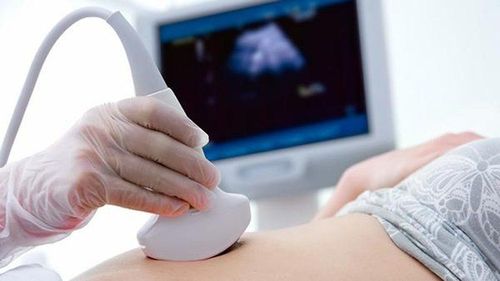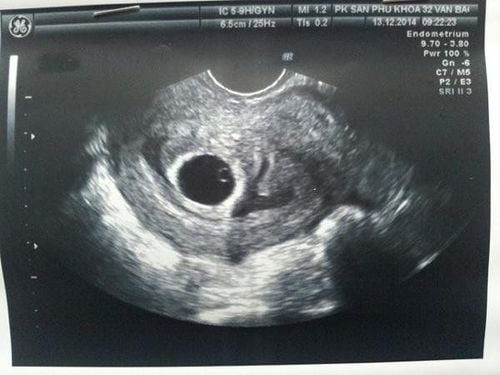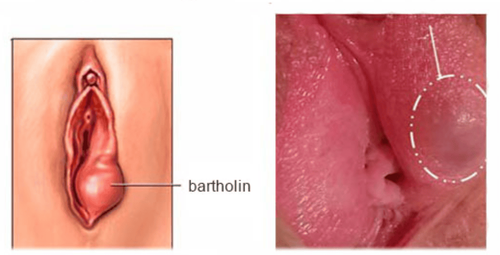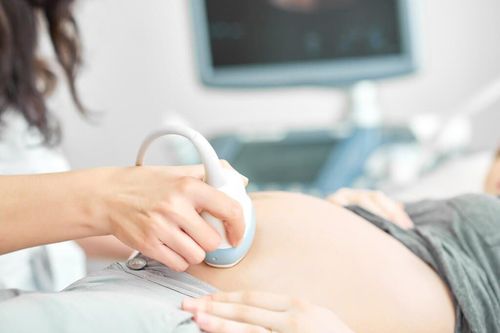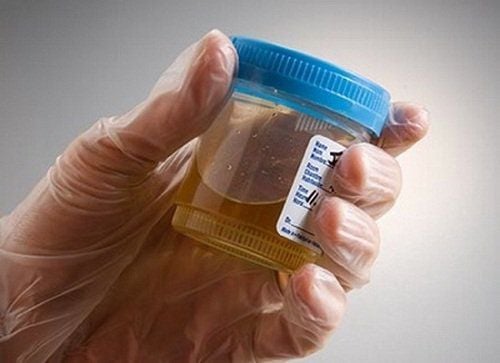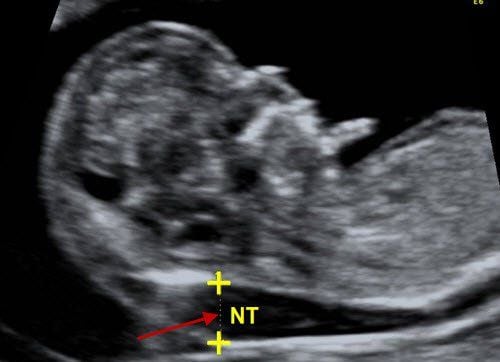This is an automatically translated article.
The article is professionally consulted by Master, Doctor Nguyen Tan Cuong - Head of Urology Department - Department of General Surgery - Vinmec Central Park International General Hospital.Urinalysis can be used to screen for or diagnose conditions such as urinary tract infections, kidney and liver diseases, diabetes, and certain other metabolic disorders. In a urine test, one indicator is the KET number. So what does the KET index mean? Let's find out through the article below.
1. What is the KET in a urine test?
KET stands for Ketone (consisting of 3 main substances: acetone, acetone acetic, beta-hydroxybutyric acid) which is the end product of incomplete fat metabolism. These substances accumulate in plasma and are excreted in the urine. Hydroxybutyric acid and acetic acid rapidly convert to acetone, so acetone is the mainstay of the test. In healthy people, ketones are formed in the liver and are completely metabolized, so only negligible amounts appear in the urine.
Normal urine ketone concentration measured by test strip is negative (0 mmol/L). The index in the urine test of pregnant women is usually absent or very little, only 2.5-5mg/dl.
2. What does urine KET indicate?
Ketone is a substance that is excreted in the urine, suggesting that pregnant women and fetuses are undernourished or may have diabetes. In addition, the KET number in a urine test can also indicate whether you have Ketoneuria or not. Ketoneuria occurs at any time when there is an increase in trans fat due to reduced carbohydrate intake or a diet high in fat. This condition occurs in the following cases:
Diabetes Glycogen storage disease Kidney diabetes Ketoneuria is related to diet such as: fasting, high fat diet, prolonged vomiting, loss of appetite , a low-carbohydrate diet; due to eclampsia, hyperthyroidism, fever, pregnancy or during lactation. In people without diabetes, ketones in urine are often present during acute illness, under stress, or during strenuous activity.
Approximately 15% of hospitalized patients have ketones in the urine without diabetes. Ketoneuria has also been associated with overdoses of insulin, isoniazid, and alcohol.
If ketones appear in pregnant women, accompanied by signs of anorexia, fatigue, pregnant women should be prescribed by doctors for intravenous fluids and medication. To reduce ketone levels, pregnant women should relax, rest and try not to skip any meals.
Please dial HOTLINE for more information or register for an appointment HERE. Download MyVinmec app to make appointments faster and to manage your bookings easily.




